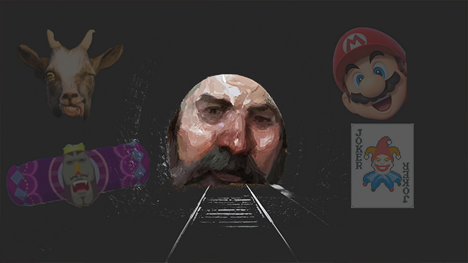
Read More from GDC 2024 | Keep up with the latest game industry event coverage from GDC 2024, including news, talks, interviews, and more from the Game Developer team.
Conflict, cringe, and existential dread: How The Crush House mimics reality television
Want to build a thirst-person shooter? Unleash the melodrama.
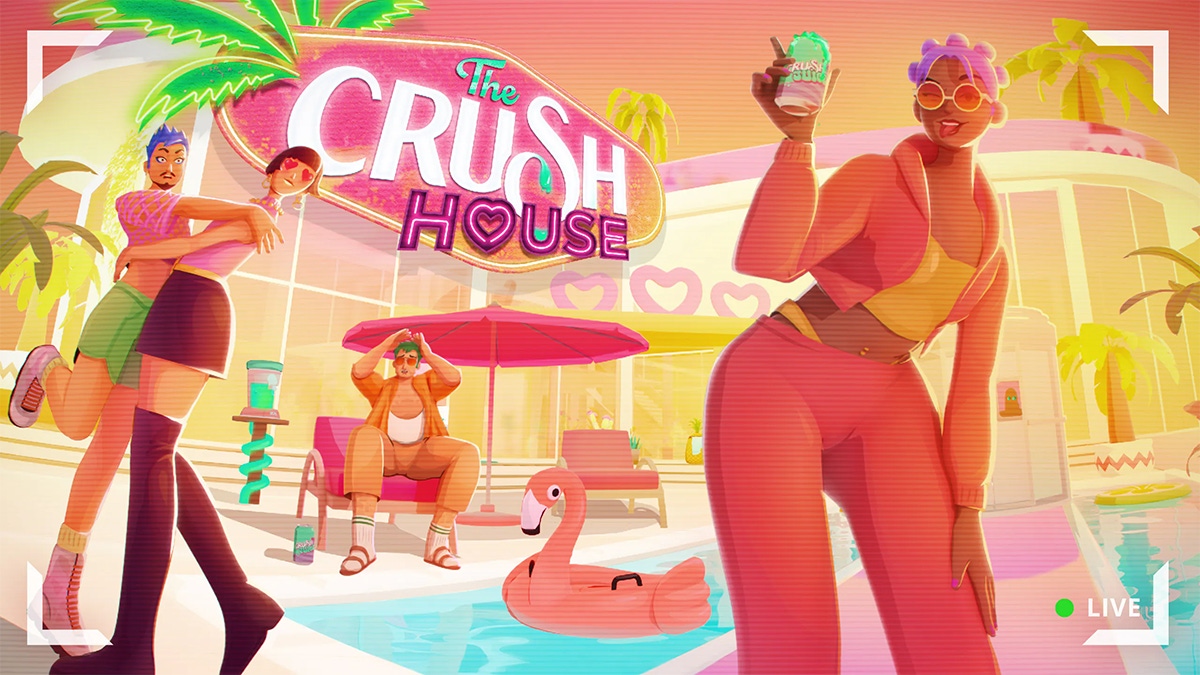
Welcome to The Crush House, a new reality television sho—ahem, video game, from Reigns developer Nerial filled with ridiculous antics, shameless promotions, controversial casting, dark secrets, and BUTTS.
It has everything you'd expect from a title inspired by shows like Terrace House, Love Island, and Love is Blind, but how did Nerial yank the deranged drama those series have become famous for producing and pull it into the virtual world?
During a chat at GDC 2024, Crush House creative director Nicole He and Nerial design director Francois Alliot explained the studio developed a narrative system called 'Rigmarole' to cultivate reality television gold. Players must capture scenes as they unfold (for better or worse) in the guise of a producer-meets-director, honing in on certain shots to placate specific demographics (like 'Butt Guys' or 'Foodies') and casting characters to spark dramatics or genuine affection.
The interactions responsible for nurturing or torching relationships, however, are the product of Rigmarole. He explains Rigmarole represented the "biggest technical challenge" because it had to be a narrative system capable of accounting for a myriad of factors such as character traits, background details, audience preferences, and more. She says Rigmarole really only began to take shape over the past year, and notes that in the original Crush House prototype all conversations were hard coded to provide some early flavor.
When the project finally moved forward, the Crush House writing team began cobbling together dialogue in a tool called Scripto, which she says is a "very nice web interface for writing scripts." Nerial then devised a tool that could easily pull those scripts into Unity and Crush House. As He explains, it was a "priority for us that our writers were able to write freely."
Those scripts added more depth to Crush House's roster of housemates, which features 12 "wild, sexy singles" each with their own unique personality traits. Although only four can compete in each season, players will be able to mix-and-match characters with repeat playthroughs to see who might fall in love—or perhaps become sworn enemies.
"We reduced them to personality traits," says He. "Those are the things that are important about them. So we spreadsheeted it all our to ensure there's a good mix of people being attracted to each other, or not attracted to each other. Then, one thing Francois did was come up with a system for us to design all the individual scripts that would happen based on the relationships and different types of attractions [in play.]"
In reality television, every contestant has a role to play
That system is Rigmarole. It has to manage around 50,000 lines of dialogue and in the words of Alliot is "quite complex."
"It's a system that takes the characters and their traits and defines whether they're attracted to each other and their basic dynamics," explains Alliot. "Then we have what we call the 'saga,' which are groups of events spread across a schedule. Within that saga we have protagonists with defined roles—so [one cast member] Damien might be 'the seducer,' for example."
Those factors will impact other characters depending on their respective traits and roles, letting Nerial create melodrama that's very "granular" based on specific, but fluctuating, attributes.
Earlier in our chat, He explains there's potentially 400 ways to combine those 12 cast members, and that means balancing has been a gradual—but critical—process.
"You have a very definitive point at which the game goes from 'doesn't work' to 'it works.' There's no building up scene after scene after scene," explains Alliot. "It's more about building up all the possible matches to make things fully defined and add some flow."
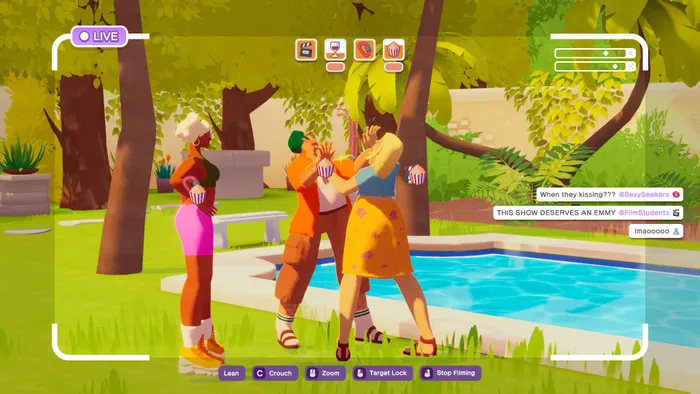
That slow refinement informed Nerial's decision to keep the project—which has been in development for around five years—under wraps for so long. "It's not the type of game where you can have a vertical slice early on, where everything is super polished and nice and then you just build it out from there," says He.
"Especially because of the procedural aspect and the big systems that needed to be build from the ground up. So we're finally at a stage where it's ready to be shown."
As for how Nerial hopes the game will resonate with players, He claims Crush House aims to replicate the power fantasy of producing reality television while also posing a few "existential questions."
"One of my core pillars creatively is that [Crush House] gives you the feelings you'd get from watching reality television—which is things that are silly and funny. But also an important emotion when watching reality television is cringe leaning into fear, dread, and horror," she adds.
"A lot of the dark aspects and mystery of the game plays into that. I think people seek those types of emotions when they watch reality TV. It's not easy viewing. It's actually very painful to watch. You have really heightened emotions, and that's one of the things we wanted to emulate."
About the Author(s)
You May Also Like


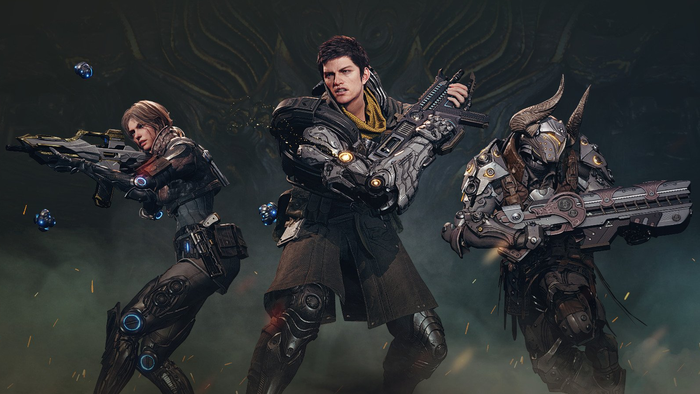
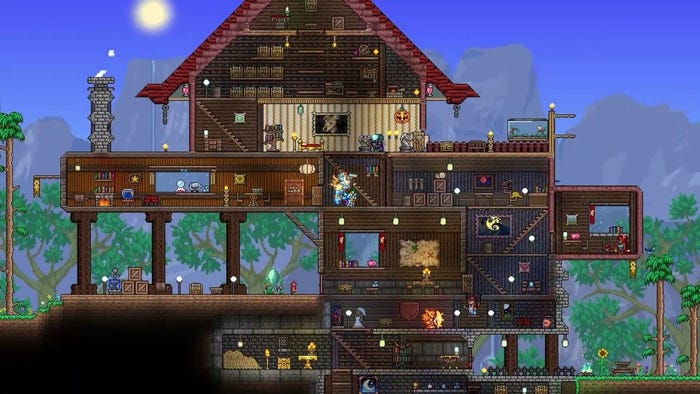
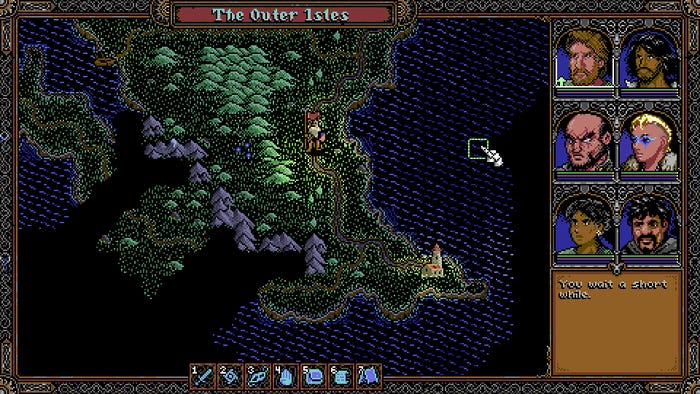
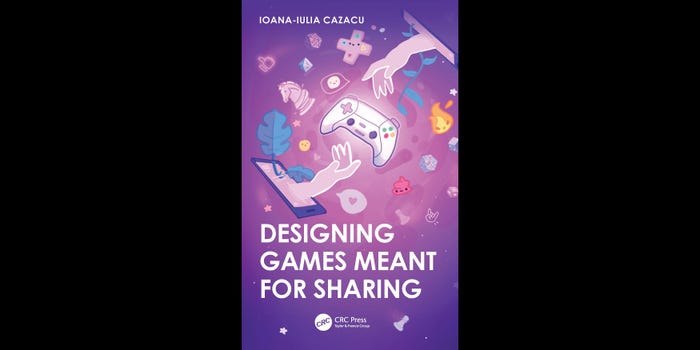

.jpeg?width=700&auto=webp&quality=80&disable=upscale)


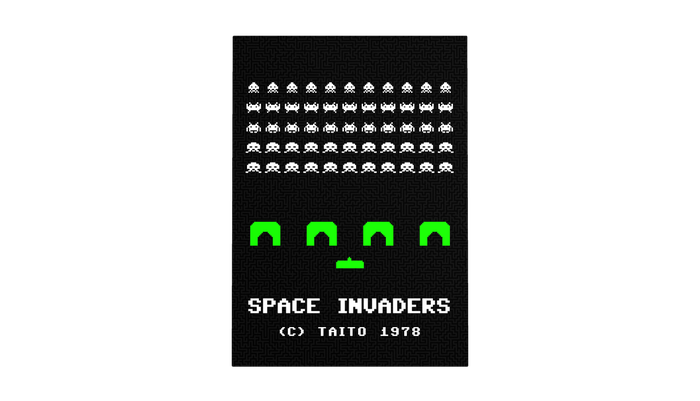
.jpg?width=700&auto=webp&quality=80&disable=upscale)
